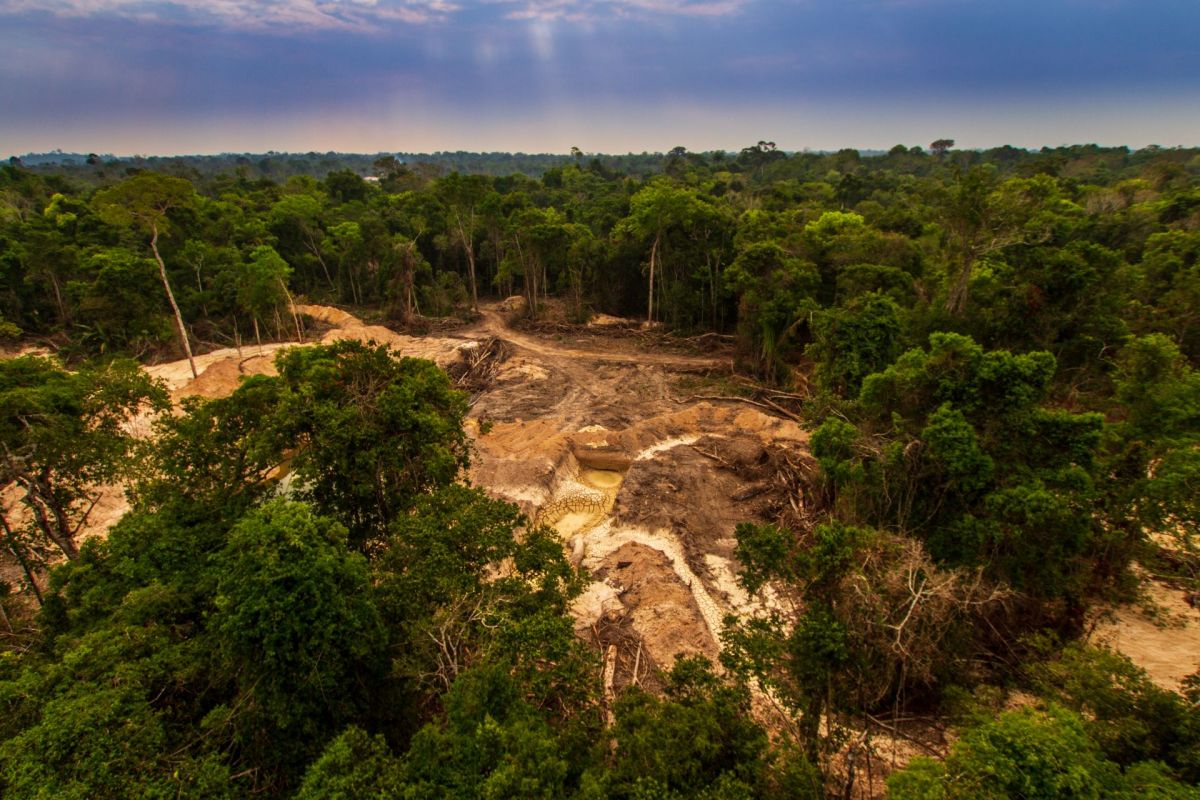Carbon credits are designed to help companies and their customers and clients feel better about the pollution that their organizations and products are releasing into the atmosphere. But carbon credits for one certifier have come under fire after an investigation found that they were a sham.
What happened?
An investigation into Verra, administrator of the Verified Carbon Standard (VCS), one of the leading carbon credit programs globally, revealed that more than 90% of the organization's rainforest offset credits are likely to be "phantom credits," meaning that they have no backing to actual impact on carbon offset records, per an article published in the Guardian earlier this year.
Carbon offset credits are certificates that symbolize a contribution toward removing a specific quantity of planet-overheating gas pollution from our air, which can be bought by or awarded to individuals or companies.
Popular carbon credits involve reforestation projects and initiatives to capture and destroy potent, planet-warming methane gas from materials rotting in landfills.
However, these credits, which are used by businesses like Disney, Shell, and Gucci, are often ineffective and allow major companies to promote false claims of their involvement in the climate movement.
The investigation into Verra, which included the Guardian, German reporting agency Die Zeit, and environmental nonprofit Source Material, examined interviews with scientists, business insiders, and Indigenous communities in the regions of the supposed rainforest schemes. The rainforest program currently makes up about 40% of the credits the organization approves, per the Guardian.
According to the findings, few of Verra's reforestation projects showed evidence of deforestation reductions. It is estimated that 94% of the credits should not have been approved due to zero or limited benefit to the climate. In addition, human rights violations were evident in at least one of the projects, including forced evictions and home destruction in Peru, as the Guardian documented.
Why are phantom credits dangerous?
One way companies can "offset" their pollution is by supporting Redd+ schemes, which are reforestation projects.
A third-party organization estimates how much pollution a deforestation project will absorb, and Verra converts that figure into a saved carbon dioxide number. Businesses can then purchase those credits and use them to technically decrease their own pollution levels.
But the investigation into Verra found a large discrepancy between the estimated impact of these projects and the actual benefit to our planet.
This has apparently allowed businesses to wash their hands of negative environmental impact through Verra without the credits actually having an impact on pollution.
What is being done to increase the legitimacy of carbon credits?
With the release of the findings, there has been increased attention to discussing climate credits and the standard for reviewing them.
"I think in the longer term, what we want is a consensus set of methods which are applied across all sites," David Coomes, a researcher at Cambridge University and senior author of one of the studies examining Verra's program, told the Guardian.
Other experts are not as optimistic about improving the system, claiming a complete overhaul is needed.
"One strategy to improve the market is to show what the problems are and really force the registries to tighten up their rules so that the market could be trusted. But I'm starting to give up on that," said Barbara Haya, director of the Berkeley Carbon Trading Project. "We need an alternative process. The offset market is broken."
Join our free newsletter for cool news and actionable info that makes it easy to help yourself while helping the planet.









